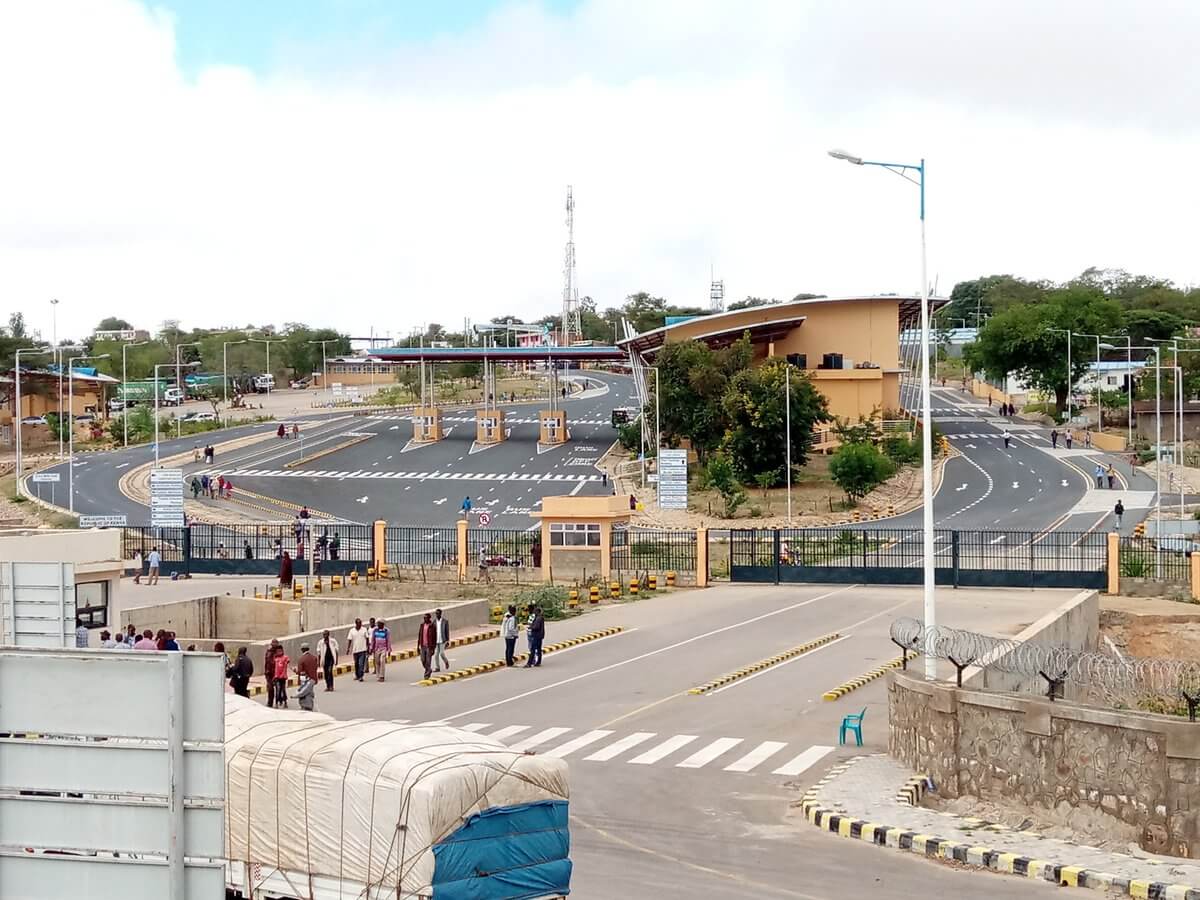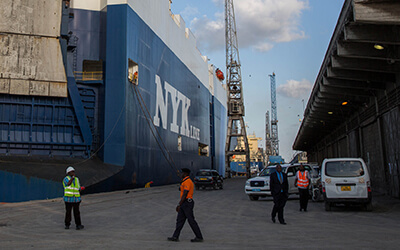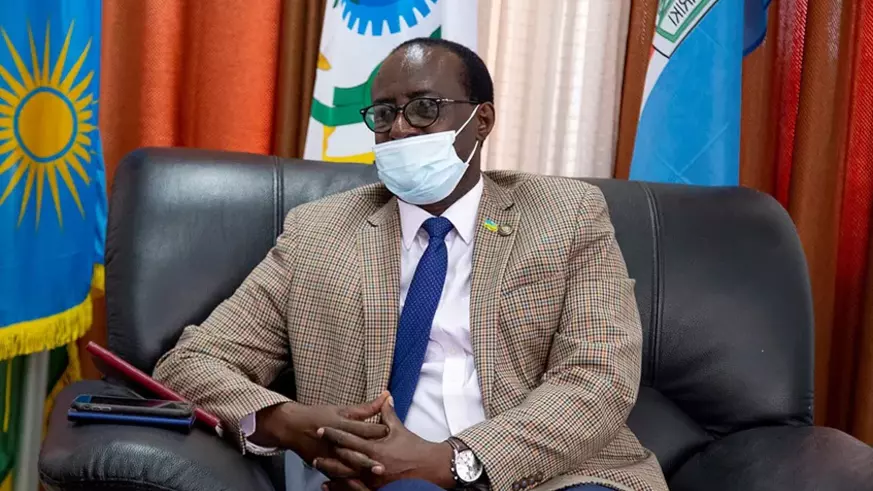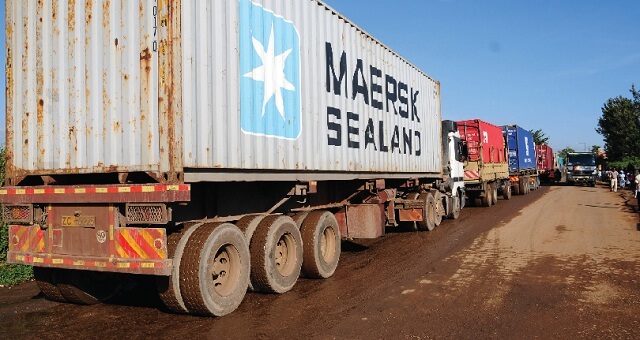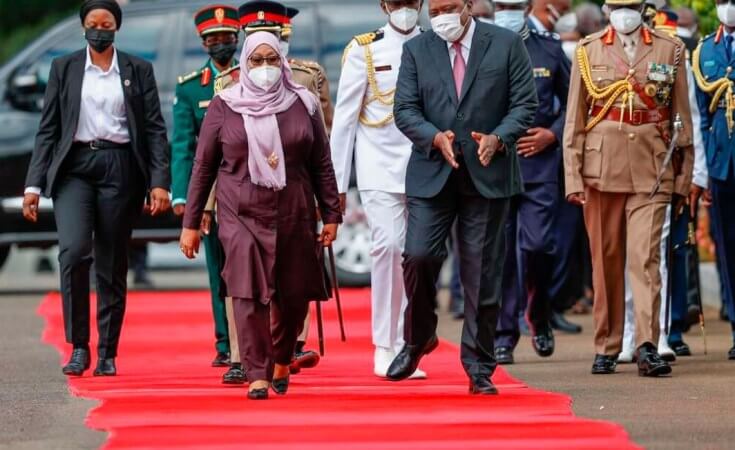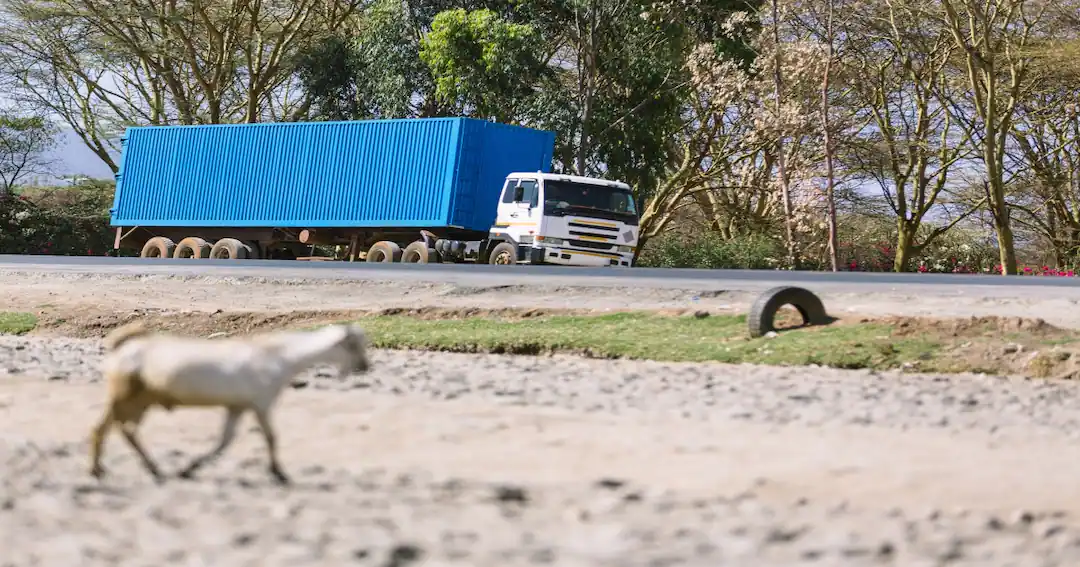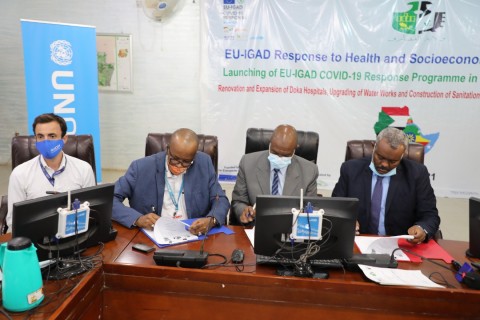Kenya hosted a Country Roadshow to raise awareness about the substantial benefits of attending the second Intra-African Trade Fair (IATF2021). Organised by the African Export-Import Bank (Afreximbank) in collaboration with the African Union (AU) and the African Continental Free Trade Area (AfCFTA) Secretariat, IATF2021 will take place in Durban, KwaZulu-Natal, South Africa from 15 to 21 November 2021. Hon. Betty Maina, Cabinet Secretary, Ministry of Industrialisation, Trade and Enterprise, Kenya said: “The South-South Co-operation created opportunities for our people, the African Continental Free Trade Area (AfCFTA) will lead to great things going forward. Inward-looking policies hindered trade, the East African Community and COMESA harnessed opportunities.” In her keynote address, Ms Kanayo Awani, Managing Director of Afreximbank’s Intra-African Trade Initiative said: “Our expectation at Afreximbank is a continent where the 110 borders that divide the 55 atomistic States have been significantly reduced by digital technologies Afreximbank is championing alongside the AU and AfCFTA; a continent where a trader first looks across the border for market opportunities and not to far away lands; an Africa where differences in language, currencies and resource endowments become enablers and not disablers of trade and economic transformation: a continental free trade agreement that is thriving not on the basis of donor grants but on the platform of African financial institutions; and an Africa that finally begins to earn the respect of others in the global markets.” Hon. Ravi Pillay, MEC for Economic Development, Tourism & Environmental Affairs said: “Economic transformation is about local production, trade on...
Organisers of the Intra-African Trade Fair 2021 explain the benefits of participating in the event during a roadshow in Kenya
Posted on: September 7, 2021
Posted on: September 7, 2021


